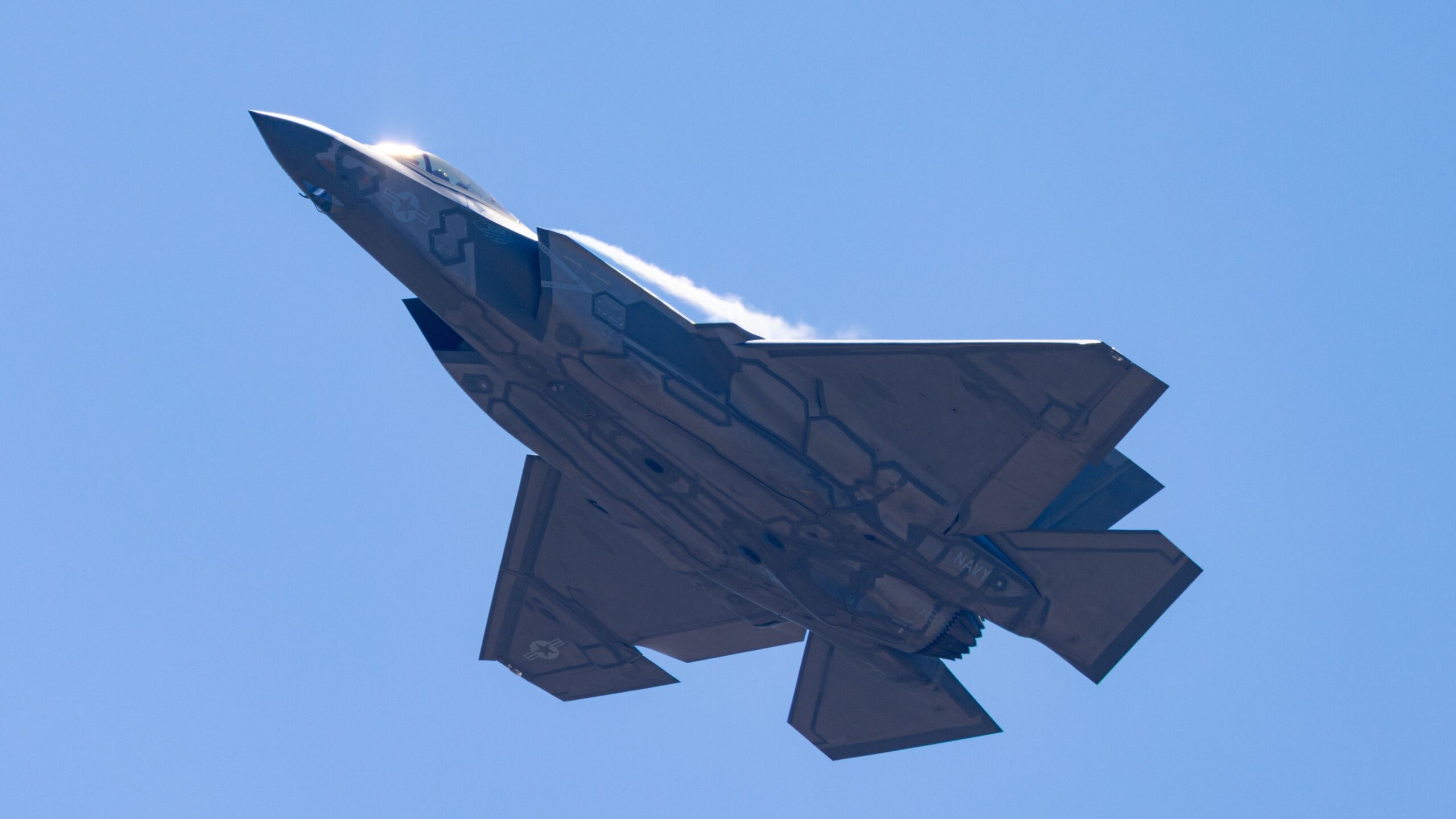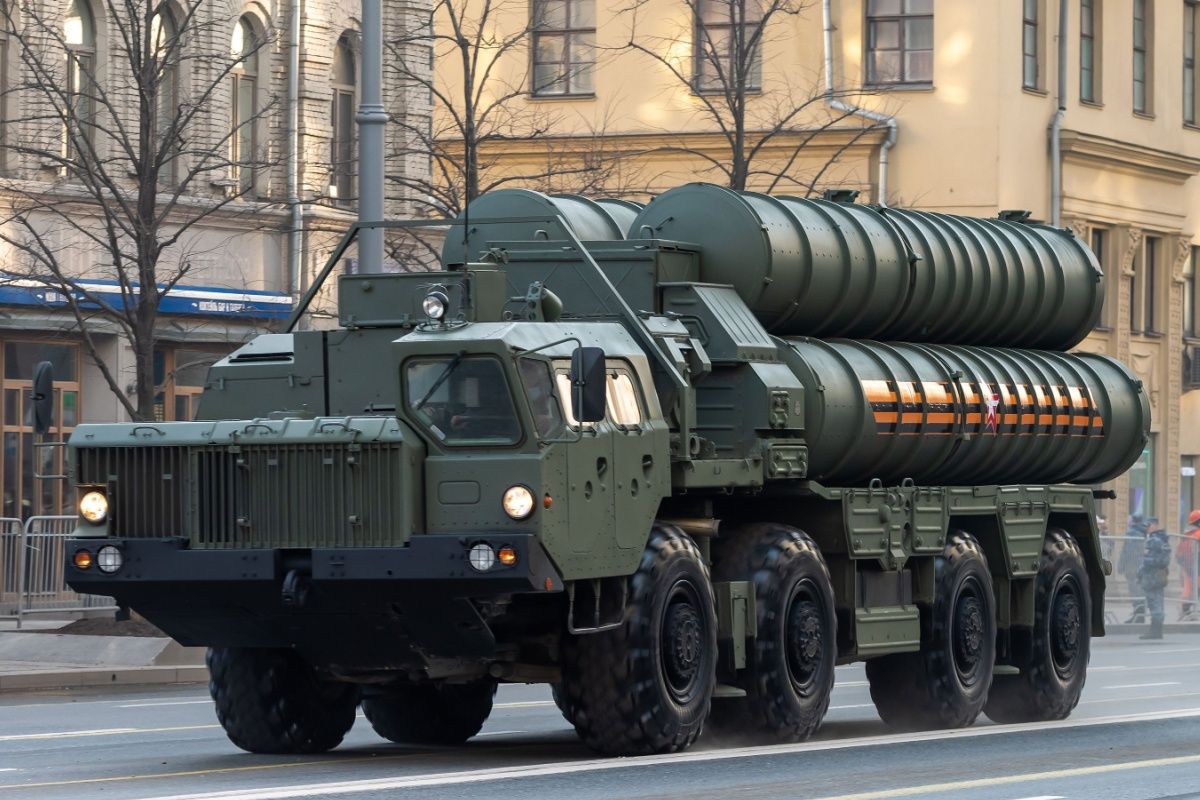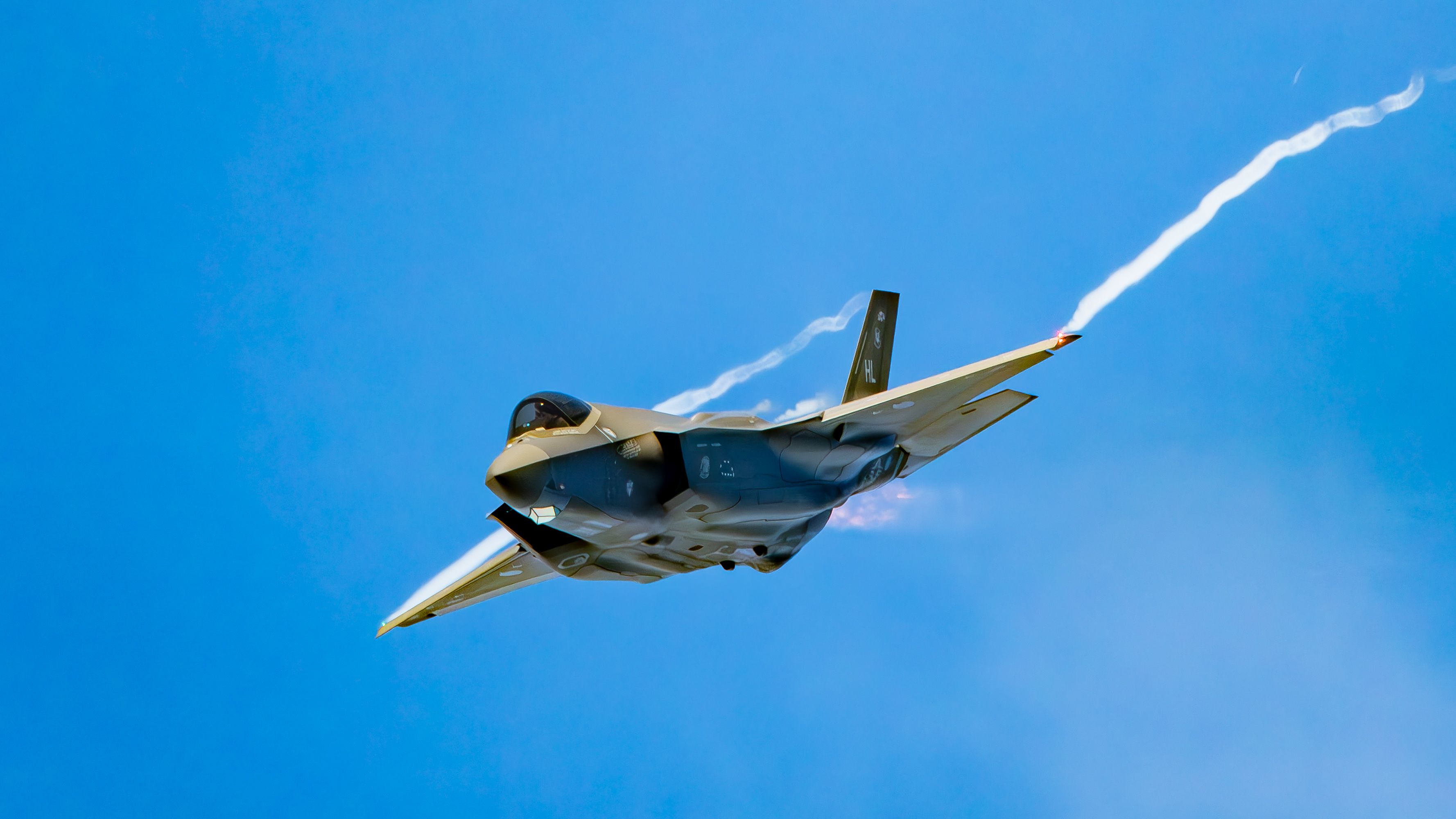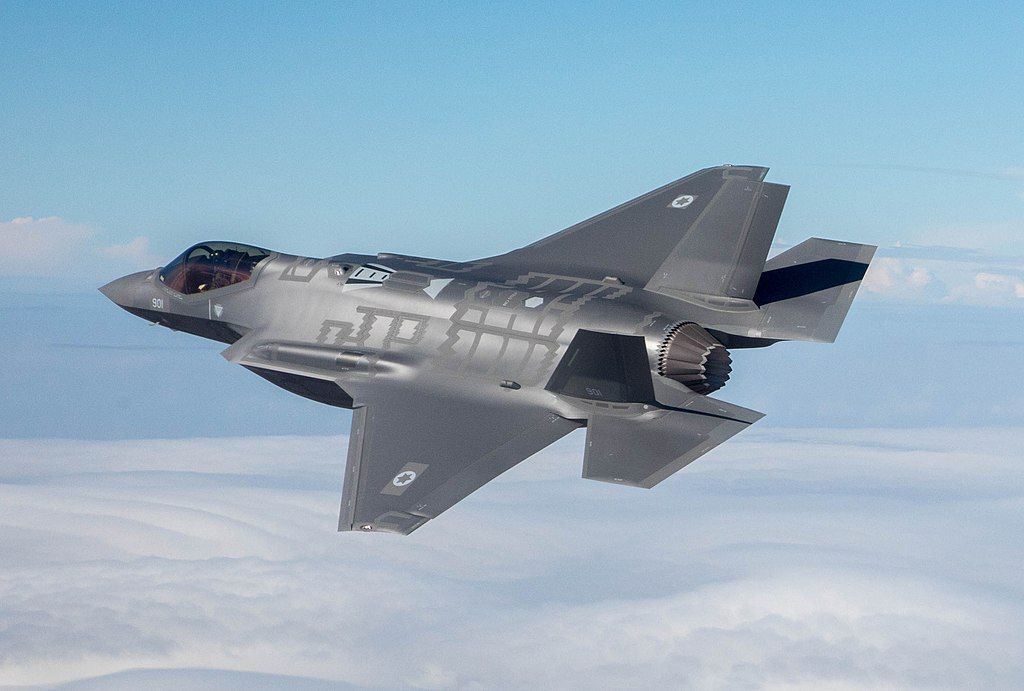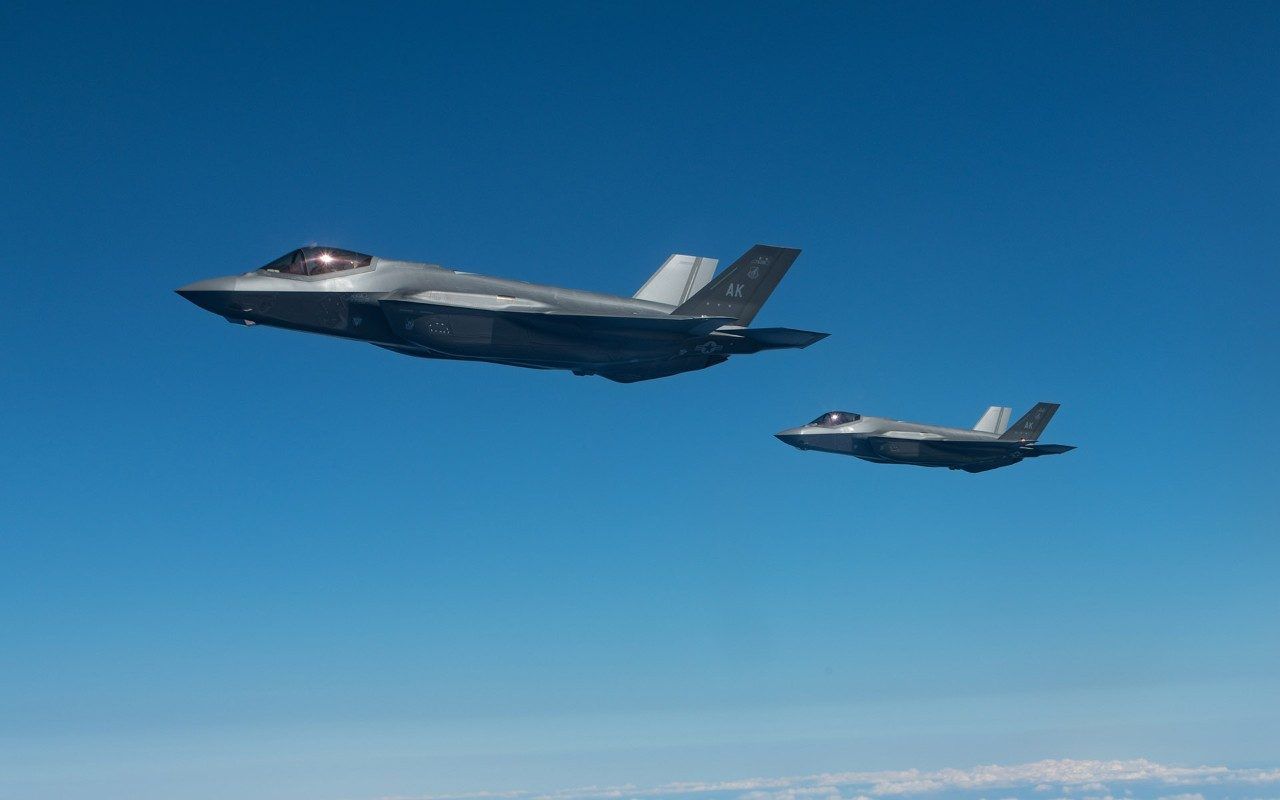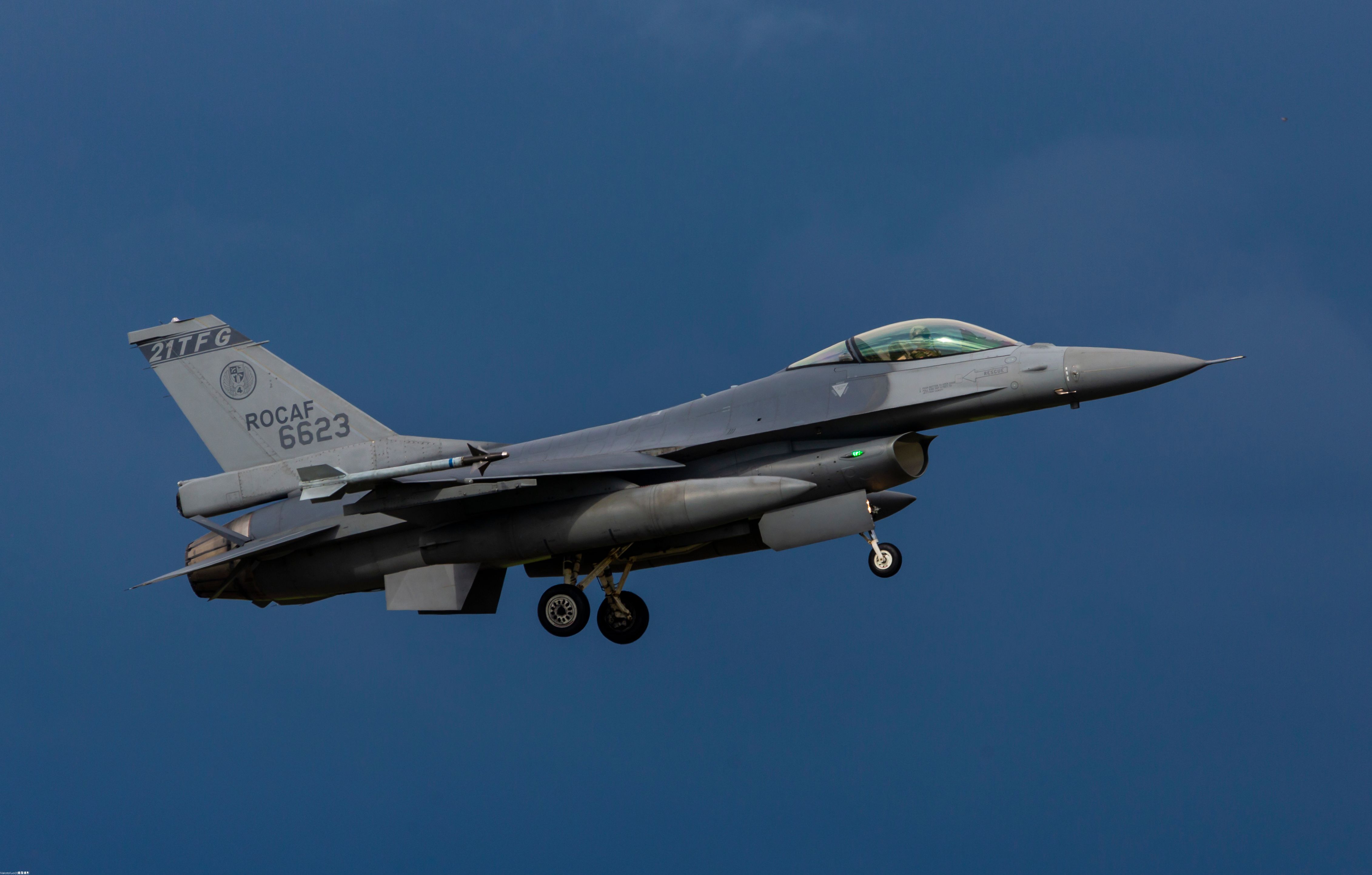Summary
- US restricts F-35 sales due to security concerns, leading to many allies getting barred.
- Countries with Huawei 5G networks face obstacles in acquiring F-35s.
- Concerns over avoiding espionage influence US decisions regarding F-35 sales.
While the United States is exporting F-35 Lightning II fighter jets to its allies and partners around the world. However, the F-35 is still regarded as a closely guarded secret, and the US places many stringent and often “onerous” conditions on countries that purchase the aircraft. For example, even though Israel is a very close ally, the US forbids Israeli pilots who have foreign passports from flying them. The US is barring several allies from purchasing F-35s.
1
Operating Russian S-400 SAM systems
The US will not tolerate the F-35 near a Russian S-400
|
Planned Turkish F-35s: |
100 |
|---|---|
|
S-400 in-service date: |
2007 |
|
Primary operator: |
Russia |
Turkey is a major US NATO ally, but the two countries can sometimes have major arguments. One example is when Turkey decided to purchase Russian S-400 air defense systems as well. The United States was concerned that this could compromise the F-35 (the F-35 must be able to defeat the S-400). After repeatedly warning Turkey, the US kicked Turkey out of the program.
Photo: Free Wind 2014 l Shutterstock
Turkey seems to have landed a very bad deal. Not only is Turkey now unable to purchase F-35s, but it has chosen not to operate the $2.5 billion Russian S-400s. After five years, the Turkish S-400s have remained gathering dust in storage. Turkey is reportedly suggesting abandoning its S-400s to be readmitted to the F-35 program.
2
Operating Chinese Huawei 5G networks
Huawei is considered an F-35 security threat
|
Companies banned: |
Huawei, ZTE, Hikvision, Dahua, Hyter |
|---|---|
|
Countries banned Huawei: |
US, UK, India, Canada, many EU countries, Australia, NZ, others |
|
F-35-hopeful countries with Huawei 5G: |
Turkey, UAE, others |
The United States is concerned that China’s Huawei 5G network (along with various other Chinese tech companies) could be used to spy and gather information. The US has banned Huawei from participating in building its 5G network. Many US allies like Australia, New Zealand, and the UK have followed suit. The US is so worried about Huawei that there was discussion in 2020 that the US could block future US F-35 deployments to the UK as the UK wasn’t then sufficiently banning Huawei.
Photo: Joe Kunzler | Simple Flying
The Huawei 5G network (and other Chinese companies) is reportedly one of the key reasons why the deal to sell 50 F-35As to the UAE stalled. Frustrated by “onerous” US conditions for operating the F-35, the UAE is reportedly considering purchasing Chinese fighter jets instead.
3
Maintaining Israel’s technological edge
75 F-35As are being sold to Israel, but none to Arab countries
|
Middle East countries wanting F-35s: |
Turkey, Egypt, Qatar, Saudi Arabia, UAE |
|---|---|
|
Qatar number: |
50 F-35s |
|
Egypt number: |
20 F-35s |
The US is legally committed to maintaining Israel’s qualitative edge in the region, which means the US faces a delicate balancing act in the Middle East. The US enjoys strong ties with Qatar, Saudi Arabia, the UAE, and Egypt, all of which are known to want to buy the F-35.
So far, the US has refused to export the jets or placed such high conditions on the sale of the jets to make them infeasible. Qatar requested to purchase them but was refused, while deals announced by then-President Trump to sell 20 F-35s to Egypt and 50 F-35s to the UAE have floundered. Opposition from Israel and the Pentagon are believed to be some of the leading reasons for the deals not moving forward.
4
Avoiding provoking China
China could react if F-35s were sold to Taiwan
|
F-16s sold: |
66 F-16Vs told to Taiwan in 2019 |
|---|---|
|
Taiwan fighter jets: |
Northrop F-5s, F-16A/Vs, F-CK-1Cs, Mirage 2000-5s |
|
Total Taiwan F-16s: |
203 (inc. jets on order) |
Taiwan is known to want to purchase F-35s, but this seems to be a non-starter. Despite claims that the Chinese J-20 Mighty Dragon is the equal of the F-35, this is likely not true by half. Supplying such advanced jets to Taiwan would likely enrage China and could make the chance of the outbreak of a major war more likely in the short term (if China decided to act before Taiwan received the jets).
It doesn’t have to be a full-scale war; there are other pressure points the Chinese could exert that would give the US cause to pause and reconsider the wisdom of the move. Instead, the US is selling dozens of F-16s to Taiwan (including another deal for $400 million in F-16 parts announced in June 2024).
5
Avoiding espionage
Taiwan could have up to 5,000 Chinese spies
|
Taiwan: |
up to 5,000 spies |
|---|---|
|
Closed: |
Only US can change F-35 software |
|
Chinese J-20: |
Maybe made with significant stolen F-35 tech |
During World War II, the United States and Great Britain collaborated closely on the Manhattan Project to develop the atomic bomb. While Britain may have been a trustworthy US ally, the British were plagued with Soviet spies, and through these spies, the Soviets were able to test their first nuclear bomb in 1949. This is something the US wants to avoid with the F-35 program.
Photo: ChenHao_Kuo | Shutterstock
The US is known to avoid selling its most advanced weapons (like the F-35) to countries it fears are compromised with Russian and Chinese spies. One possible example is Taiwan, where China may have extensive espionage operations. Taiwan estimated in 2017 that as many as 5,000 people could be working as spies for China in Taiwan.

